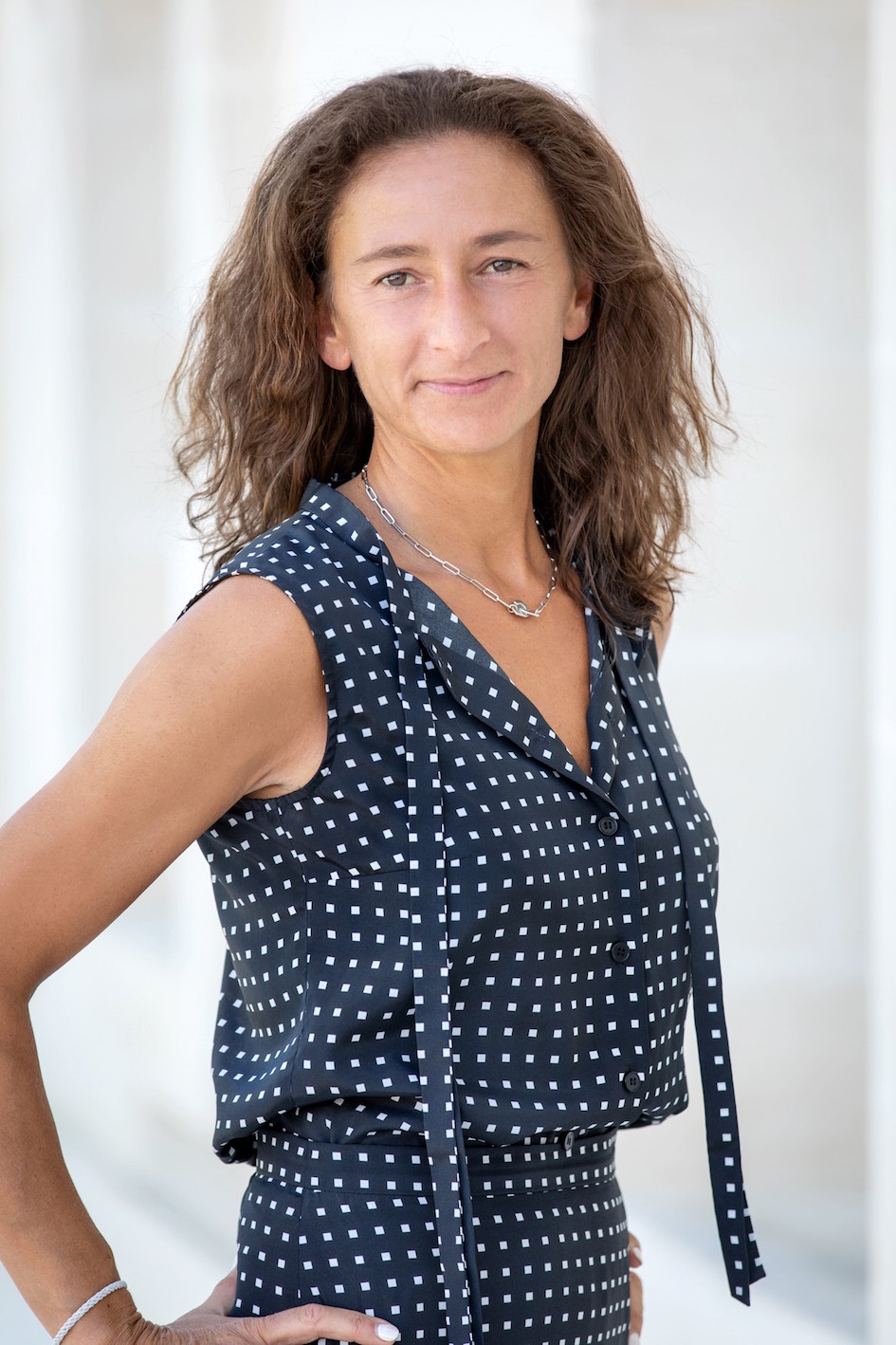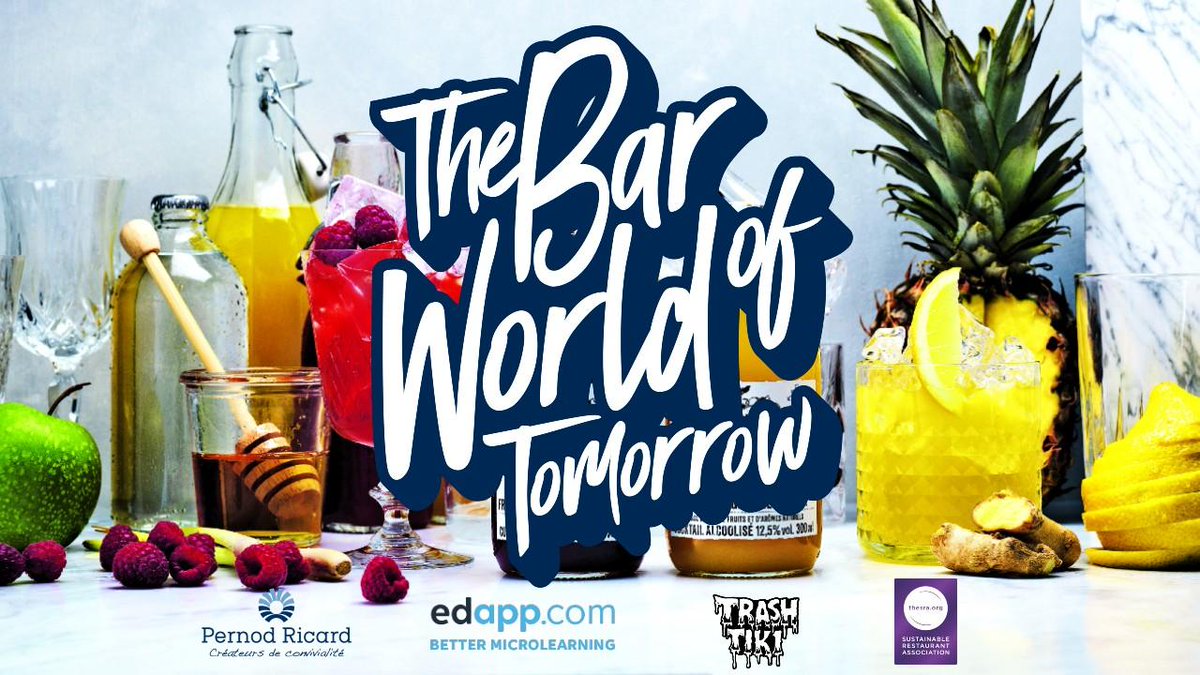The Board of Directors of Baron Philippe de Rothschild SA has recently appointed Ariane Khaida to the position of Executive Director, Châteaux Wines – this includes: Château Mouton Rothschild, Château Clerc Milon, Château d’Armailhac, and Domaine de Baronarques. Effective July 1, 2020. Ms Khaida will also sit on the Board of Directors of Opus One, Chile’s Almaviva and Domaine de Baronarques in the Languedoc.
Born into a non-winemaking family in the Champagne village of Rilly la Montagne, Khaida spent five years working for luxury goods giant LVMH, two of them as the buyer of Louis Vuitton leathers, a role that saw her select skins all over the world.
In 2014 she was the first woman to be made the head of a major Bordeaux négociant house, running Duclot, owned by the Moueix family.
As the manager of leading Bordeaux merchant houses, Ms Khaida demonstrated her energy, her decision-making ability, her capacity for forward-thinking and her excellent knowledge of the world of fine wines.
She will succeed Philippe Dhalluin, who has decided to retire after more than 15 years as manager of the company’s estates and will relinquish his position as Executive
Director, Châteaux Wines on 1 July 2020. In order to ensure the smooth handover of responsibilities within the Châteaux Wines division, he will continue to serve as Adviser to the Chairman until 1 December 2020, at which date he will leave the company.
“My family and I express our deepest thanks to Philippe Dhalluin for all his wonderful work. Over the last 15 years, he has taken Mouton Rothschild and our other family châteaux to an unprecedented level of excellence and reputation. He has also been successful in attracting and training the necessary talents to continue our unceasing quest for excellence”, said Philippe Sereys de Rothschild, Chairman and CEO of Baron Philippe de Rothschild SA.




![The 2020 Canadian Marketing [CMA] Awards](https://www.liz-palmer.com/wp-content/uploads/2020/06/Judge-CMA-Liz-Palmer-1200x675.png)
